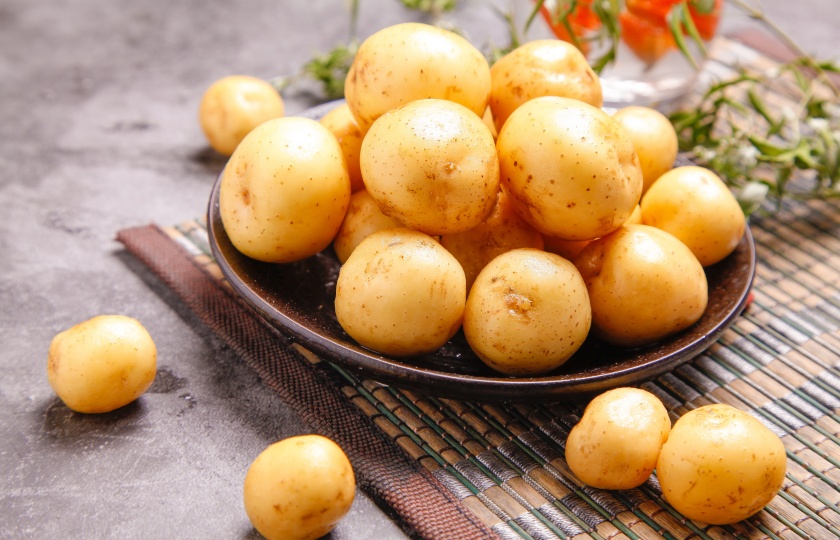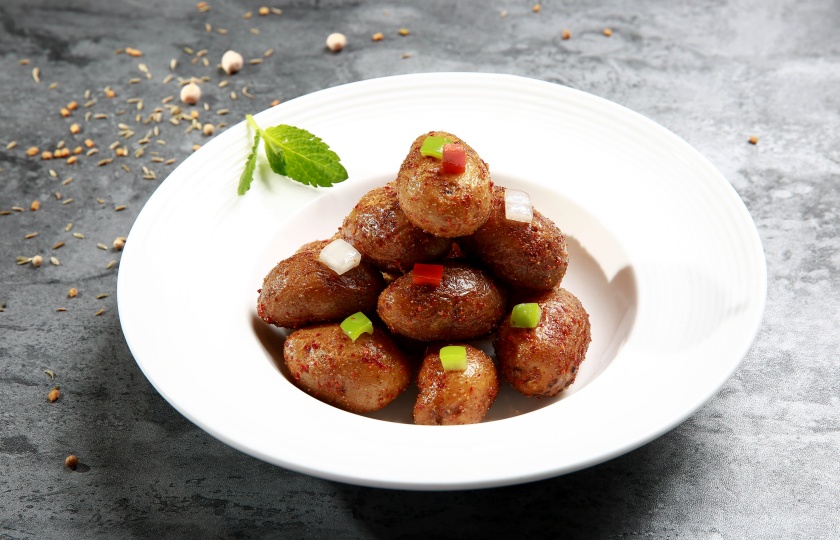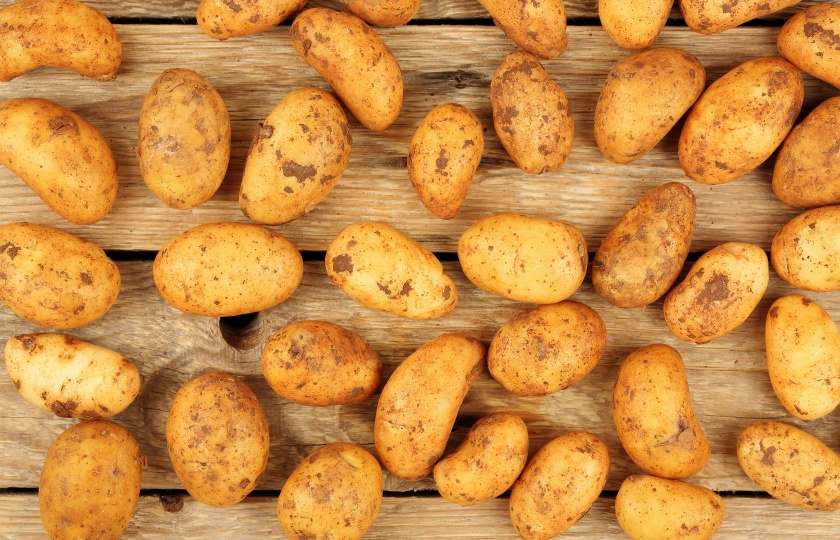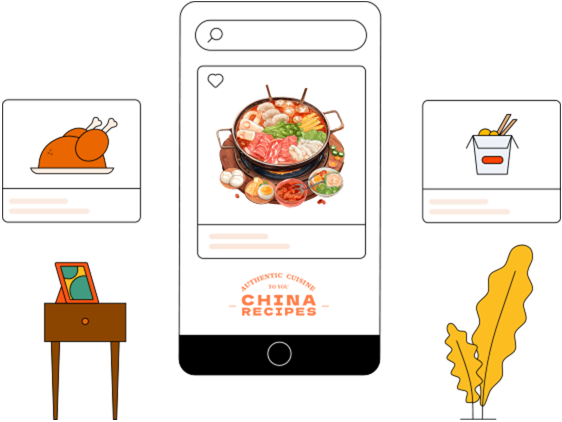Avoidance Tips: When Can You Not Eat Baby Potatoes

As a common food, baby potatoes are delicious but also have their taboos. Only by understanding these taboos can we better enjoy the taste they bring.
When should baby potatoes be avoided for safety reasons?
Never eat baby potatoes that have sprouted or turned green.
Sprouted potatoes will produce some harmful substances, especially when the sprouts are relatively large. Similarly, if the skin of the potato turns green, it is also best not to eat it.
Potatoes that are rotten, moldy, or have an unusual smell should be discarded immediately. If black or brown spots are found inside after cutting, this part also needs to be removed.
How to tell if baby potatoes are bad?
A significant change in appearance is the primary criterion for judging whether potatoes have gone bad, including wrinkled, softened skin, and the appearance of black spots or mold.
If there are brown or black spots inside and an abnormal smell is emitted after cutting, it means that they have gone bad. A freshly cut potato should be a uniform light yellow.
If obvious sprouting or greening is found on potatoes, it is best not to eat them even if other parts seem fine.

How long can baby potatoes last?
Baby potatoes can be stored at home for 2 to 4 weeks. Storing them in the refrigerator can extend the storage time by 1 to 2 months. Usually, the potatoes bought and put in a cool place in the kitchen are sufficient. However, in hot summers, they need to be eaten up in advance. In winters, they can be stored for a longer time.
When storing, just find a ventilated corner. Put them in a paper bag or mesh bag. Never use a plastic bag as it is easy to cause moisture buildup. It is better to store them separately from other vegetables. Especially onions. If they are placed together, both are prone to sprouting and spoiling.
It is best to wash potatoes only when cooking. Washing them in advance makes them less durable. When seeing sprouted or green parts, deal with them in time. The remaining intact ones can continue to be stored. According to past experience, choosing fresh, firm potatoes with intact skins will be more durable.
Can baby potatoes be reheated?
Leftover baby potatoes can definitely be reheated, but the correct method must be mastered. Heating in a microwave is the most convenient. It only takes 1 to 2 minutes to heat thoroughly. Remember to cover it to prevent moisture loss.
Steaming or boiling in a pot is also a good choice. It takes about 3 to 5 minutes, and this way the taste will be better. It is not recommended to reheat by frying as it is easy to make the surface too hard.
It is best to bring the potatoes back to room temperature before heating so that they are easier to heat evenly. For potatoes that have been stored for more than 3 days, it is recommended to smell if there is any abnormal smell. Confirm that there is no problem before heating and eating. Heated potatoes are best eaten up at one time. Repeated heating will affect the taste and nutrition.

Can baby potatoes be baked whole?
Sure. I often do this.
First, clean the baby potatoes. Then use a fork to poke a few small holes in them. Brush a layer of oil and sprinkle some salt and black pepper on the surface of the baby potatoes. Then they can be put directly into the oven. Set the temperature to 200 degrees Celsius and bake for 25 minutes.
If the baked baby potatoes are cut open and some butter is added, and then paired with sour cream and chopped chives, it will be even more delicious. If you want the skin to be crisper, you can bake for another 5 minutes. In this way, the skin will become golden and crispy, while the inside remains waxy.
How do baby potatoes differ from regular potatoes?
Differences in body size:
Baby potatoes are significantly smaller than ordinary potatoes. Baby potatoes are usually only the size of an egg or smaller and have various shapes. In contrast, ordinary potatoes are larger and have relatively regular shapes. This makes baby potatoes more easily absorb flavors during cooking and are more suitable as snacks or side dishes.
Differences in growth adaptability:
Baby potatoes are more adaptable to some specific environments, such as places with shallow soil layers or poor soil. They can still grow well in such places. Although ordinary potatoes also have strong adaptability, under certain specific conditions, they may not perform as well as baby potatoes.
Differences in taste:
The flesh of baby potatoes is usually more delicate and smooth, which makes them taste better after cooking. The taste of ordinary potatoes may vary depending on the variety and cooking method. Generally speaking, it may not be as delicate as that of baby potatoes.
Differences in cooking uses:
With their small size and delicate taste, baby potatoes are suitable for grilling, making loach hot pot, and can also be used as independent dishes, such as honey-glazed baby potatoes and baby potato salad. Ordinary potatoes, with their large size and diverse tastes, are more suitable for various cooking methods such as steaming, boiling, stewing, and stir-frying.























